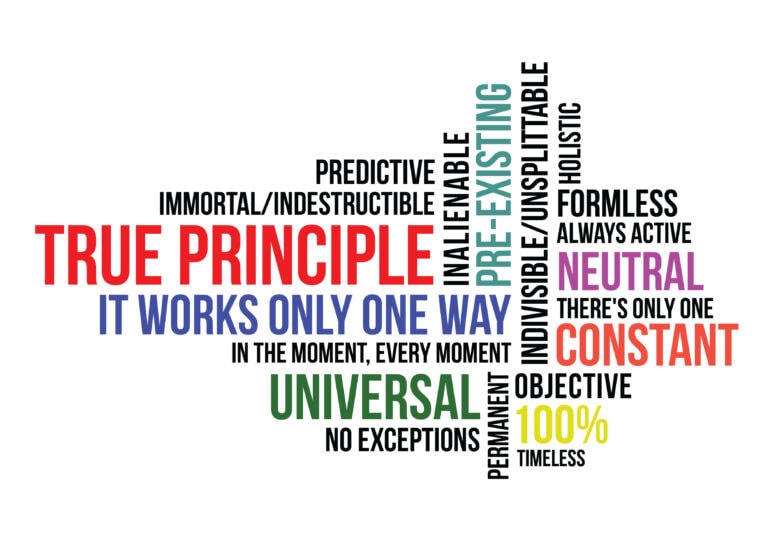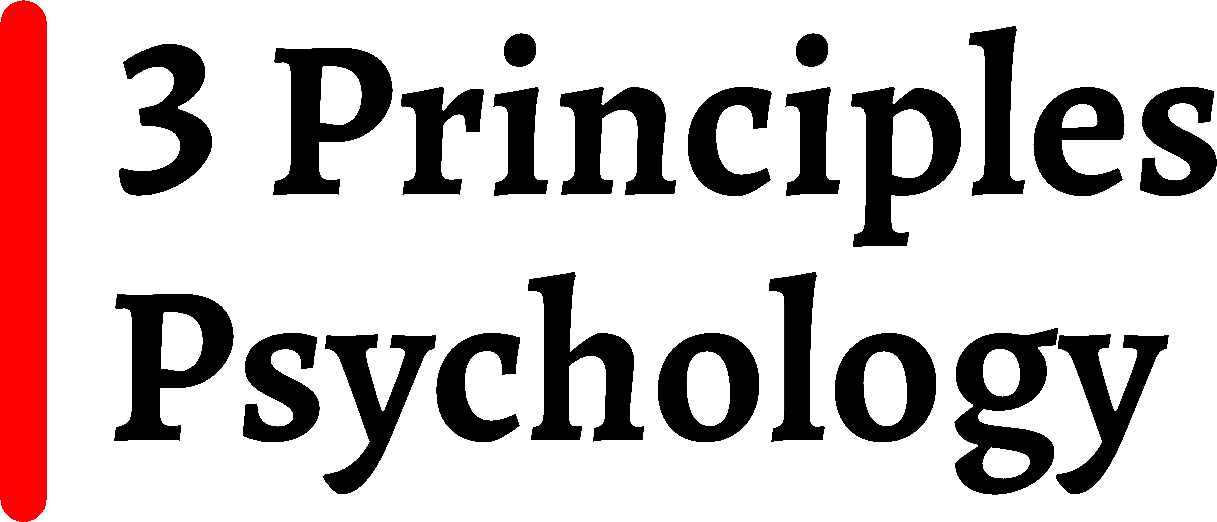The Properties of a Universal Principle
All problems, including visible and invisible disturbances in our mental lives, are solved by Universal Principles.
A 6+1 part online program beginning May 2025 with Brett Chitty and Keith Blevens.


Brett Chitty says,
“The moment I realized that personal thoughts we have are NOT the same as The Principle of Thought, it opened up an insightful learning about the Three Principles that was previously invisible and inaccessible to me.”
“It was the beginning of picking up knowledge about the Three Principles instead of learning about the personal thoughts I was having. I didn’t expect my investigation into the Principle of Thought fundamentally changed my relationship with my personal thoughts, realities, and feelings to a vastly healthier, wiser, and peaceful one.”
“The Properties of a Universal Principle played a hugely significant part in my learning of the Three Principles by looking at “what makes a principle a true and genuine principle?” It wasn’t until much later I realized I had been doing a scientific and rigorous study into the nature of a Principle. This opened up new and ever-deepening insights about the Principle of Mind, the Principle of Consciousness, and the Principle of Thought. All three, after all, are Principles! This direction brought about an entirely unexpected spiritual evolution, further realizing the potential of the human mind which continues even today.”
What are the Properties that Make a True and Genuine Principle?
We can look up a dictionary and find the definition of a Principle. We’re going much deeper than that. Something more consistent and aligned with what Sydney Banks taught those who could hear. Sydney Banks even used some of these properties in his talks and writings, and we saw that he, too, was teaching the properties of a principle in his own way. Eventually, we realized that there were so many profound properties that any definition for the word Principle that takes into account ALL the properties is probably impossible. Only going beyond the word, into the spiritual, will we realize what it really means.
The “Big 6” Properties
The Many Other properties we’ve discovered
And we are still discovering new ones!
How do these Properties of a Universal Principle help you to use your mind more intelligently?
Below are some of the changes that we go through as a consequence of realizing the Properties of a Universal Principle.

Knowing Where to Look
The Properties of a Universal Principle constrain us to look in a direction where insightful territory is, so that we can receive wisdom, solutions, and mental health, to name but a few, instead of looking in a direction where we keep on searching, hoping to find answer at a place where none exist, creating a never-ending search.

Guidance by a Higher Intelligence
The Properties of a Universal Principle give us an increasing sense of being guided by a deeper intelligence than what we currently have or know about. It allows for an ongoing realization of the human potential through the Three Principles instead of leaving our human potential untouched and untapped.

Absolute Direction
The Properties of a Universal Principle highlight that you have TWO ways of using your ONE mind. Just discovering a second one is life-changing itself because how we use our minds absolutely determines how we are being in the moment. Little did we know that previously unknown way of using the mind is what makes us wiser, healthier and more resilient!

Discipline and Rigor
The Properties of a Universal Principle make us better and, crucially, more insightful students of the Three Principles because our “target” is getting clearer. We get much better grades by attending the metaphorical Three Principles “university.” This results from having a stronger connection to wisdom that resides within our soul. Our minds learn and evolve faster than we’ve ever been able to do.

Consistency
The Properties of a Universal Principle allow us to be more consistent in how we use our minds. We become more consistent in prioritizing the wise use of our minds, rather than relying on external factors to dictate how we think, such as feelings, realities, circumstances, diagnoses, people, and so on.

Transcendental
The Properties of a Universal Principle allow us to hear beyond what we know. This is what we call an “insight.” An insight is a realization of knowledge, as a thought, that we didn’t know about until the moment of insight. The knowledge we picked up did not come from this world we live in, and we are left in awe of where we got it from! We certainly didn’t create the insight ourselves; no wonder every genuine insight comes as a big surprise to us!

Unification is Where it’s At!
The Properties of a Universal Principle allow us to remove the separation of two worlds – the physical world and the spiritual world – back together as one, back to how it works in the first place. This removes all kinds of contradictions and paradoxes With the decrease in the number of contradictions and paradoxes in our inner lives, we live a life of increasing integrity and honesty. We feel unified, connected, and whole again.

Nothing to Do: The Great Simplication
The Properties of a Universal Principle removes all the tricks we can use on our minds, after all, they were tricks created by the mind in the first place! Using the mind to trick the mind makes no sense. There are no tools, techniques, practices, effort, willpower, time, strategies, models, dependencies, language, programming, or thinking required. Not even trying to create a particular feeling. There’s literally nothing left to do with your mind, and this is the space of wisdom. As Sydney Banks repeated, “it’s so utterly simple!”

Principle-based North Star
The Properties of a Universal Principle allow us to live more from a foundation of Universal Principles, rather than living from a place that is not principle-based. It’s the equivalence to having your own inner North Star. There was a time I was interested in what my feelings were, but when I realized that feelings are not a principle, but a result of using the principles, I knew I was looking in the wrong direction. Instead, looking toward a Universal Principle, I had found something deeper than feelings, and yet that same discovery insightfully informed me more about feelings than my own mind could come up with!
Isn’t it extraordinary how something as simple and ordinary as The Properties of a Universal Principle can be so profoundly life-changing? It goes against the trend of all the ideas of what we believe it takes to change, to become a better person, both inside and out? Then again, The Three Principles of Mind, Consciousness, and Thought is unlike anything else in the world. Perhaps we shouldn’t be surprised by the overarching differences.
Training Session Dates and Times
All meetings take place at 10 am PT, 1 pm ET, 6 pm BST, 7 pm CET. All meetings should be around 90 minutes long.

Tuesday, May 13
Training Session 1.
Why Learn About A Principle?

Tuesday, May 20
Training Session 2.
Diving into the Big 6 Properties

Tuesday, May 27
Training Session 3.
More Properties

Tuesday, June 3
Training Session 4.
More Properties

Tuesday, June 10
The Implications of Properties

Tuesday, June 17
The Implications of Properties

Tuesday, June 24
Program Review
Your Guides


Do you have a question?



